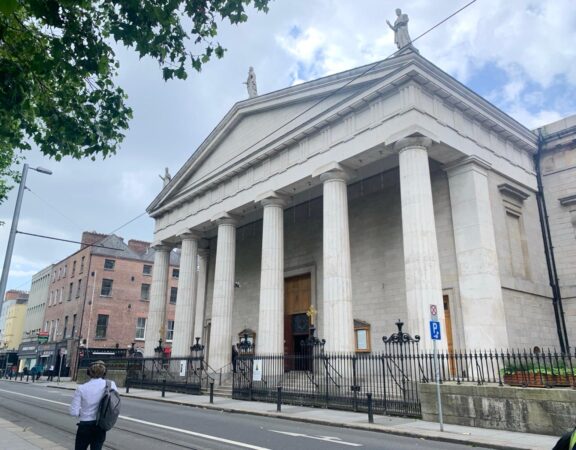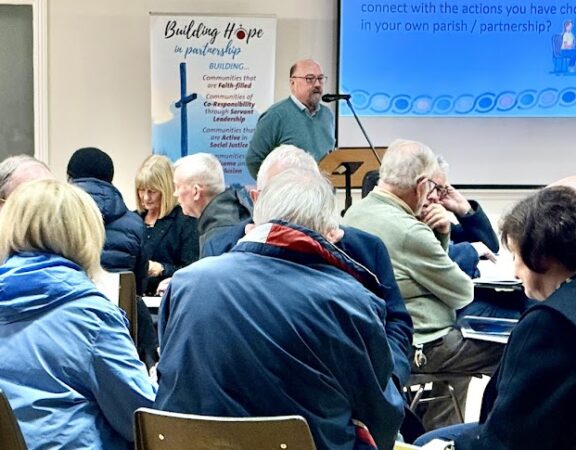Restorative Justice Week
Restorative Justice Week begins on Monday, November 12th and The National Association of Prison Chaplains would greatly appreciate if parishioners were made aware of this annual event in the life of the church.
Prisoners and their families are often the forgotten members of our communities and this is an opportunity for all of us to remember them. It is also a time to remember the victims of crime and to remember and pray for communities most affected by crime.
During the coming week Restorative Justice will feature on The Living Word on RTE Radio 1 each morning.
Definition: Restorative justice is a victim-sensitive response to criminal offending, which, through engagement with those affected by crime, aims to make amends for the harm caused to victims and communities and which facilitates offender rehabilitation and integration into society. The restorative justice process offers beneficial consequences for both the victim and the offender.
International research has shown the benefits of the restorative justice process as an alternative to the current criminal justice system. In the current system the victim very often feels isolated and not listened to. The offender, in many instances, feels that he gets no opportunity to express remorse or to make any real reparation to the victim.
An initial concern of victims with the restorative justice process may be the belief that it was a soft option for offenders, Research, however has shown that facing the victim is a more difficult and emotional experience for the offender than the traditional court process. In the R.J. process victims and offenders assume a central role and the state takes a back seat. The aim is to heal all affected by the crime.
Restorative justice is often described as a philosophy which embraces a wide range of human emotions, including, healing, compassion, forgiveness, mercy and reconciliation.
From a very practical point of view the current criminal justice system is costly, the recidivism rate is extremely high and international research has shown that building more prisons does not reduce crime rates.
The Old Testament understanding of justice renounced any scapegoating or claim that crime was only the responsibility of a few evil individuals. When a law was broken, there was corporate responsibility. This is something that is totally forgotten in to day’s society, we fail to see how we may be contributing to crime by our life style etc.
The Gospel – true justice is based on forgiveness and reconciliation. The following Gospel passages may be helpful:
Luke 15: 11-32
Luke 16: 19-31
Matthew 20;1-16
Biblical justice looks to the future, the emphasis is on making good the harm caused by crime and on repairing the damage. This is in contrast to the current system which is legalistic and retributive. Restorative Justice is about repairing relationships.
FOR THE PARENTS OF ONE WHO HAS COMMITTED A CRIME
No one else can see beauty
In his darkened life now.
His image has closed
Like a shadow
When people look at him,
He has become the mirror
Of the damage he has done
But he is yours
And you have different eyes
That hold his yesterdays
In pictures no one else remembers
He is yours in a way
No words could ever tell;
And you can see through
The stranger this deed has made him
And still find the countenance of your son.
Despite all the disappointment and shame
May you find in your belonging with him
A kind place, where your spirit will find rest
May new words come alive between you
To build small bridges of understanding.
May that serenity lead you beyond guilt and blame
To find that bright field of the heart
Where he can come to feel your love
Until it heals whatever darkness drove him
And he can see what it is he has done
And seek forgiveness and bring healing
May this dark door open a path
That brightens constantly with new promise.
From Benedictus
John O’Donoghue







